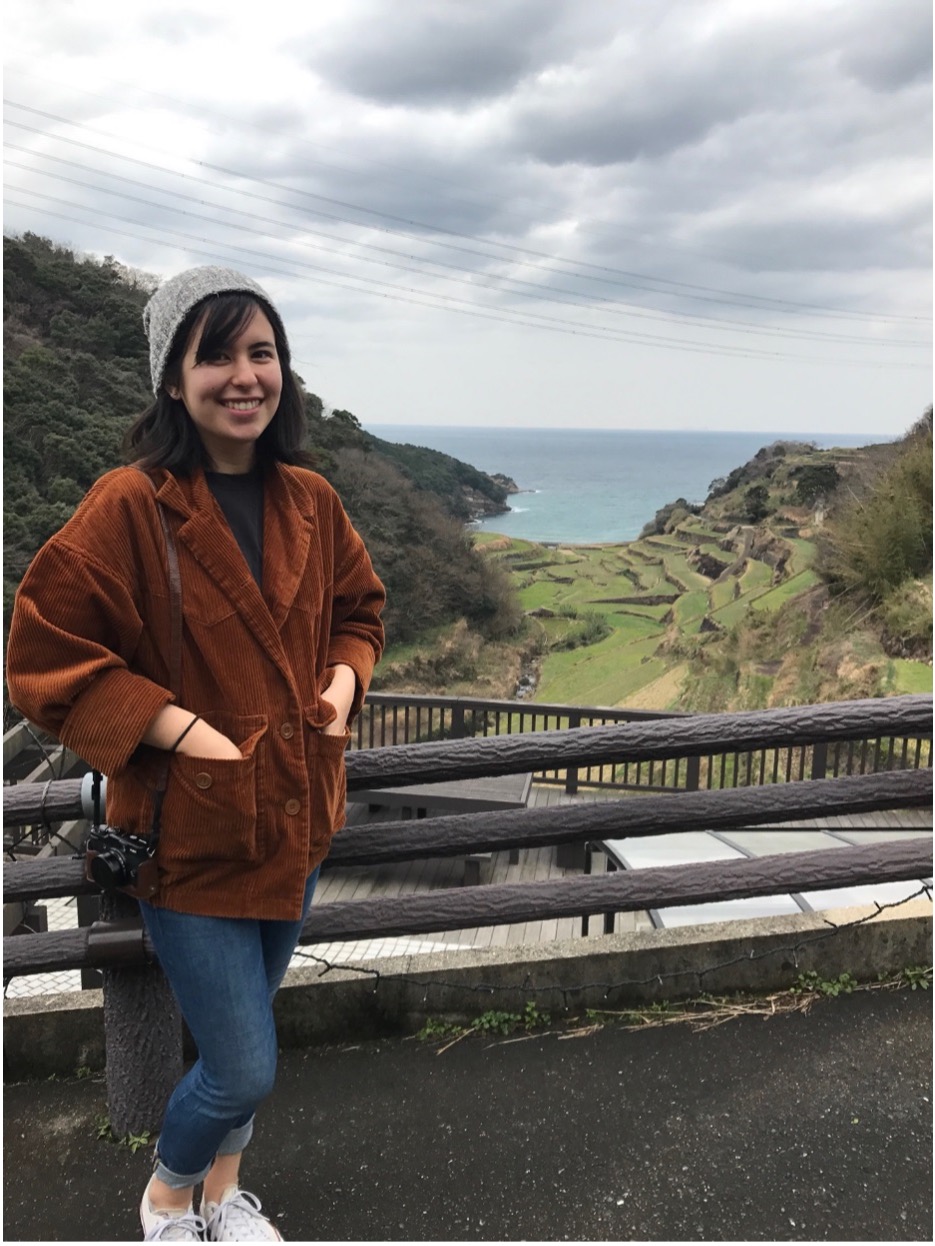Young-a Park Colloquium 3:00 pm, 4/7
The Anthropology Department Colloquium Series Presents
The Role of Korean Civil Society in the Making of “Korean National Cinema”
Young-a Park, Asian Studies Program, University of Hawai‘i at Mānoa
THURSDAY, April 7, 3:00 PM, IN CRAWFORD HALL 115
Since 1999, South Korean films have drawn roughly 40 to 60 percent of the Korean domestic box office, surpassing Hollywood films in popularity. Why is this, and how did it come about? While there are many factors that contributed to the Korean film explosion, this paper focuses on the broad public support for a protectionist film policy called “Screen Quota” as one of the crucial factors that contributed not only to the incubation of Korean films at a critical moment in the late 1990s but to the creation of the very idea of a “Korean national cinema.” The Screen Quota advocacy movement successfully kept the protectionist film policy intact against increasing trade-liberalization pressure from the U.S. in the late 1990s and 2000s. This paper charts the trajectory of the movement in which the civil society transformed itself into a symbol of Korean cultural nationalism. The main goal of this paper is to illustrate how Korea’s strong civil society in the film sector played a critical role in the film industry’s exceptional success.
Young-a Park obtained her B.A. and M.A. from Seoul National University and Ph.D. from Harvard University. She is currently an assistant professor in the Asian Studies Program at University of Hawaii at Manoa. She is the author of Unexpected Alliances: Independent Filmmakers, the State, and the Film Industry in Postauthoritarian South Korea (2015, Stanford University Press).
For further information, please contact anthprog@hawaii.edu.



